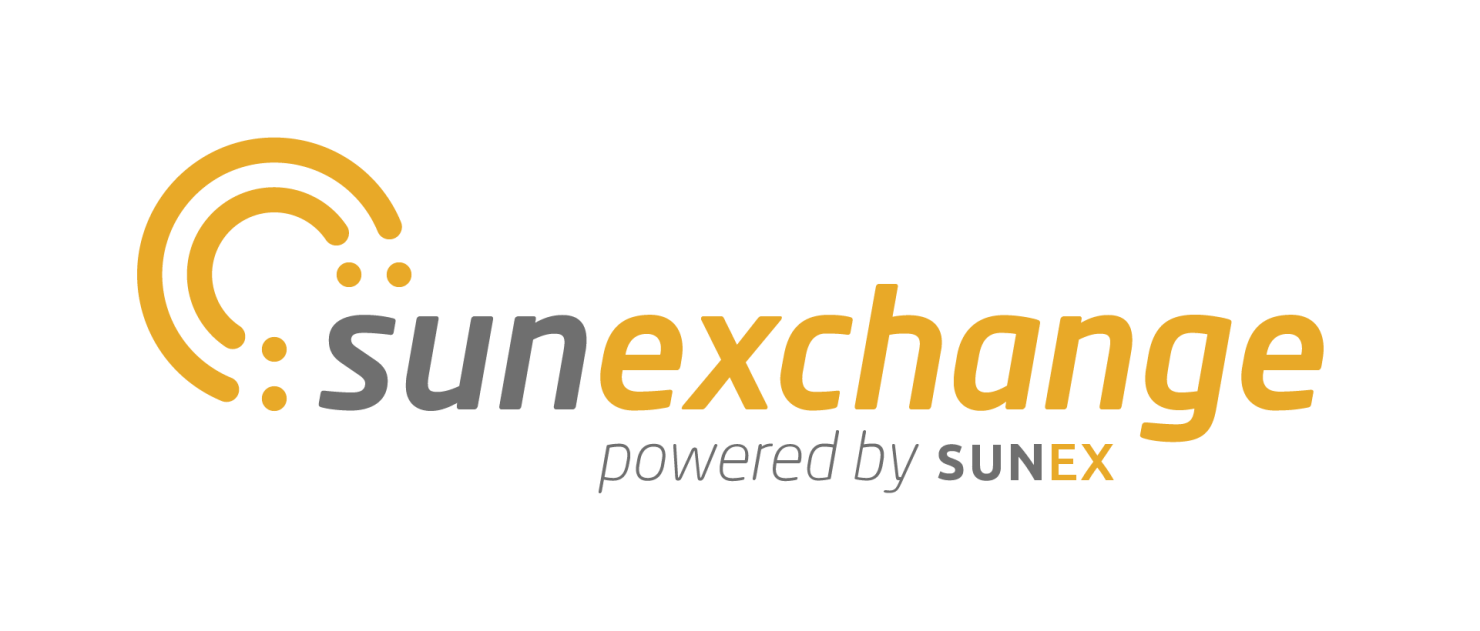Solar is an industry that has taken off in the last decade or so. There are a number of solar projects ongoing in Africa and in Zimbabwe. If it isn’t someone supplementing their home’s power needs with solar, its big corporations and government organisations putting them up.
There are a lot of people who are interested in renewable energy. Many of those would want to invest in Solar projects but the avenues to do so aren’t always easy. A couple of days ago we reported on SA solar startup Sun Exchange’s proposed 1.9 MW installation for Marondera-based produce exporter Nhimbe Fresh.
Sun Exchange has a very intersting approach that anyone who wants to invest in solar can easily get on board with.
How Sun Exchange Solar project investment works
Sun Exchange does the leg work by identifying organisations, schools and businesses that want to adopt solar. The company’s engineers work hand in hand with local construction firms to evaluate the needs of the organisation that is looking to go solar. The projects have to align with Sun Exchange’s requirements which are, economic and technical viability as well as social and environmental responsibility.
When a project(s) meets the criteria, Sun Exchange runs crowdsales. This means that anyone, anywhere in the world can sign up to become a Sun Exchange member and they can buy a solar cell. Solar cells can go for as little as US$5 and you can buy up as many you can.
Once the crowdsale has been completed, the company goes ahead and begins the installation process. As mentioned before the company works with local contractors who will build and then maintain the installation. The project is insured for fire, theft and any damage for the term of a lease which is 20 years.
Sun Exchange member returns & payouts
As a Sun Exchange member, depending on how many cells you have bought, you’ll receive a monthly solar income. The money you get won’t face any insurance or servicing deductions and the income is equivalent to a 10% or 12% internal rate of return.
Sun Exchange deposits your earnings in a wallet and you can choose the currency you want and it isn’t just fiat currency, Sun Exchange also offers Bitcoin payouts.
Members will also get updates on a projects status, your solar cell earnings, the energy output of your cells and of course wallet balance, payments and withdrawals.
Leasing crowdsale solar cells
As previously mentioned the lease for the solar installation lasts 20 years. The business or organisation that gets the solar system doesn’t pay any installation, insurance or operational fees. All of those overheads are covered by Sun Exchange.
The organisation does, however, have to pay a fixed fee every month for the duration of the lease.
The solar system is owned by individuals and businesses who buy solar cells. Take the Nhimbe Fresh project, it will cost around US$5.33 million, Sun Exchange is running a crowdsale with 180 000 solar cells available at around US$7.25 (or BTC 0.00042895).
The Nhimbe Fresh project is currently sitting at 8.69% of the 180 000 solar cells sold. If you are interested, you can check out the project with the link below:
Sun Exchange Nhimbe Fresh Solar Project Crowdsale
Thoughts
I think this is a really cool way of getting people to invest in solar projects. It also looks like a good way of making a little money on the side, the investment lasts about 20 years so depending on how many cells you buy you can stand to make a tidy sum.
Now, since this is an investment many of you will be curious about the projects that Sun Exchange has worked on and their track record. You can find all of that information in the link below:


What’s your take?